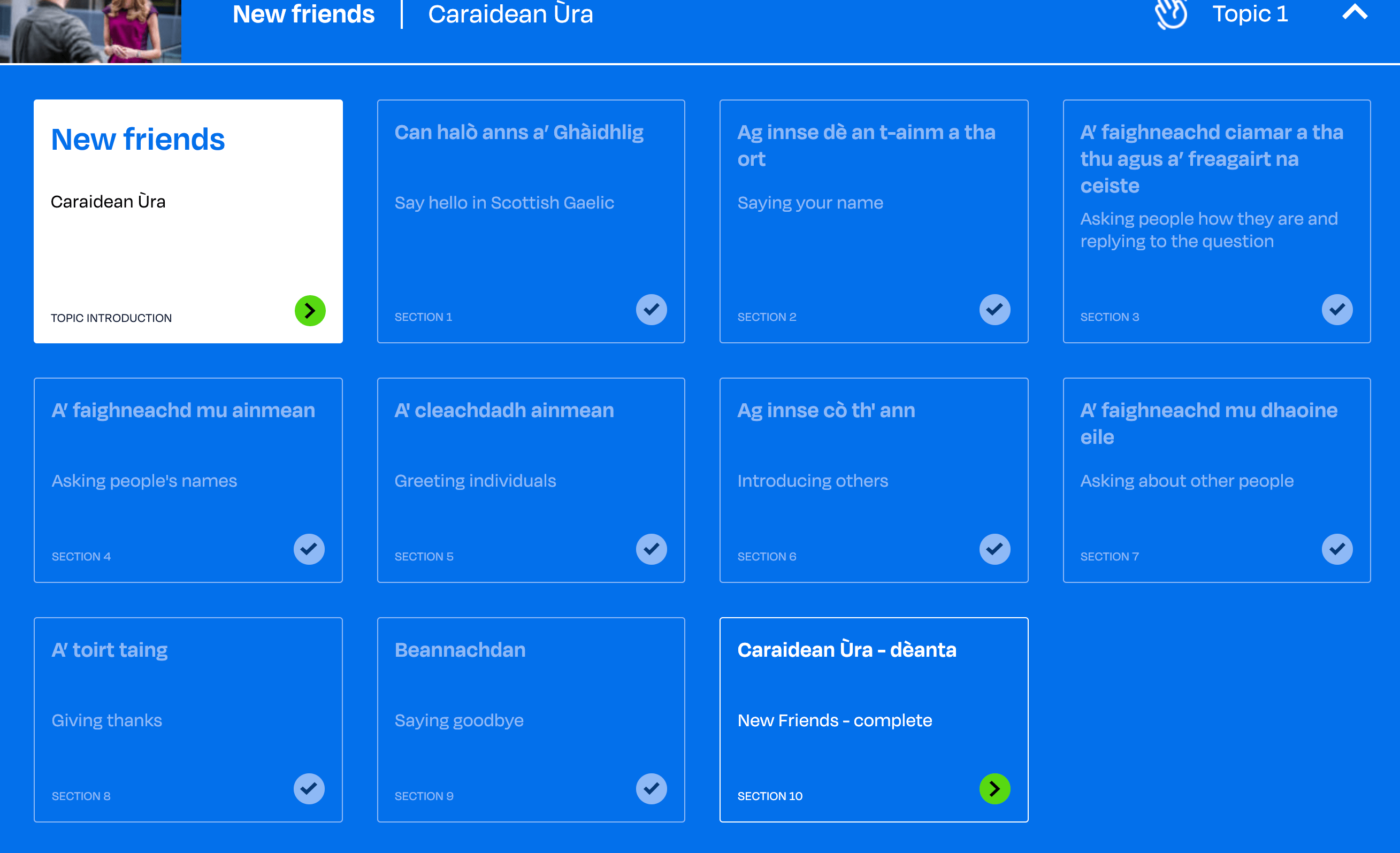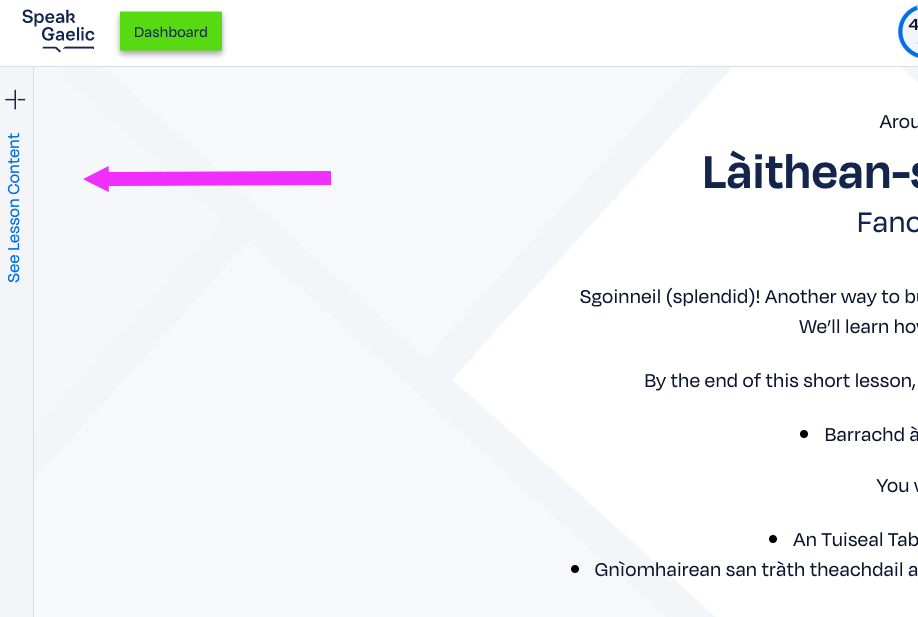B' e | Cha b' e
It was | It wasn't
Because nas and as include the verb is, comparative and superlative phrases in Gaelic express a tense.
In the past or conditional tenses, is becomes bu, and nas and as change to na bu and a bu, with bu leniting the adjective where possible.
Tha an trèan nas cosgaile na am bus
The train is more costly than the bus.
Bha an trèan na bu chosgaile na am bus.
The train was more costly than the bus.
Bhiodh an trèan na bu chosgaile na am bus.
The train would be more costly than the bus.
We know that superlative phrases use the ‘S e construction, and in a past or conditional superlative sentence this can be changed to B’ e.
‘S e an trèan a bu chosgaile.
The train was the most costly/It is the train that was most costly.
B’ e an trèan a bu chosgaile.
The train was the most costly/It was the train that was most costly.
An e an trèan a bu luaithe?
Was the train fastest?/Is it the train that was fastest?
Am b’ e an trèan a bu luaithe?
Was the train fastest?/Was it the train that was fastest?
Both are used (just as in English we could say ‘Is it’ and ‘Was it’), but the superlative adjective itself has to be in the past/conditional form a bu.




